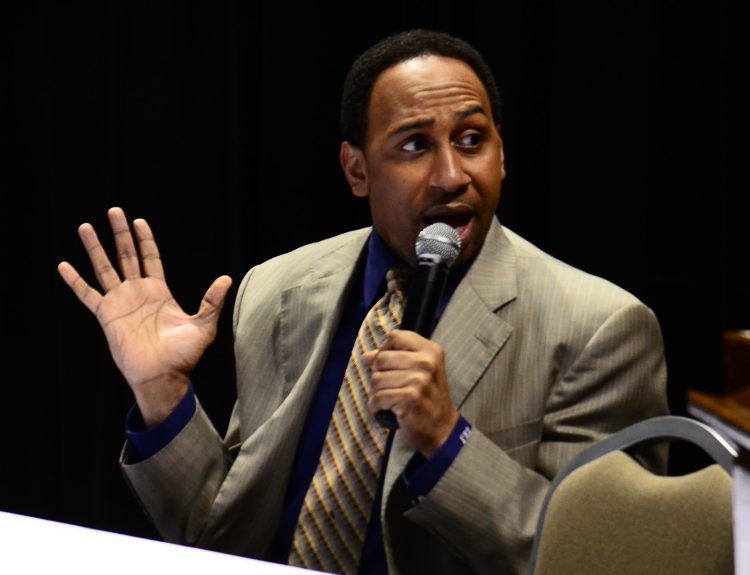Retirees may be able to see a boost in their Social Security checks starting in 2025. This is due to a recently introduced bill within the U.S. House that could eliminate the federal taxes applied to their benefits.
Angie Craig Reintroduced The Bill, Calls It A ‘Win-Win’
U.S. Representative Angie Craig referred to this legislation as a “win-win” for seniors in a recent press release. Craig, who has served Minnesota’s 2nd congressional district since 2019, explained that it is a “tax cut for seniors” and a way to ensure that “more Americans can depend on the Social Security benefits they’ve earned.”

She also stated that this bill, which is named the “You Earned It, You Keep It Act”, was also “fiscally responsible.” Her objective is to get money back into the pockets of middle-class Americans with this bill and strongly believes that this act “will help us get it done.”
More About The ‘You Earned It, You Keep It Act’
The proposal to fund this bill requires an increase of the cap on Social Security payroll tax. Doing so would require higher-earning citizens to keep paying into the Social Security fund.
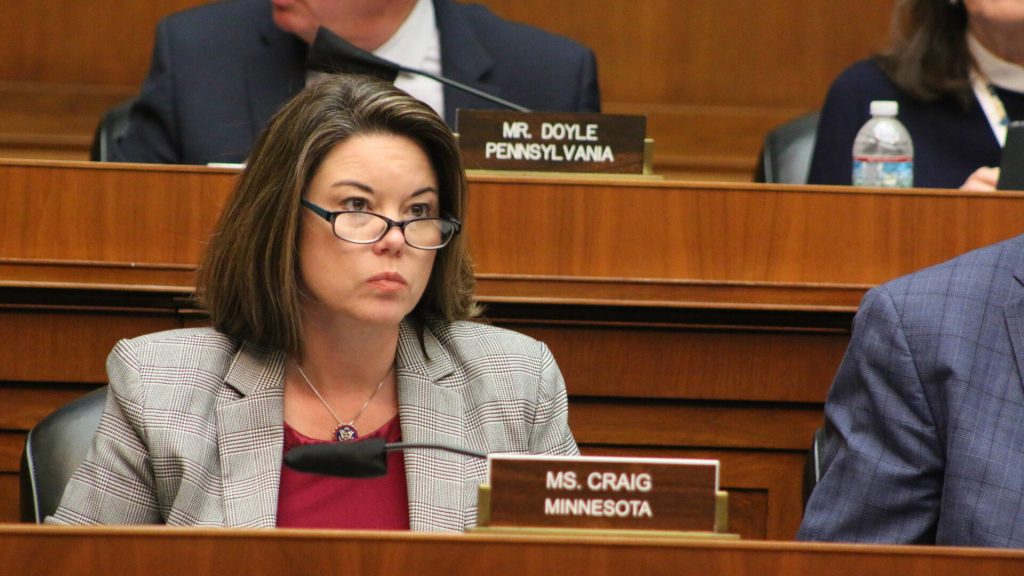
Social Security Works, a group that is dedicated to the improvement and protection of Social Security benefits, endorsed this bill. Craig was also supported by several other representatives as co-sponsors for the original bill – including Ro Khanna, Yadira Caraveo, Mary Peltola, Don Davis, Hillary Scholten, and Andrea Salinas.
Yadira Caraveo Targets Double Taxation In Press Release
Congresswoman Yadira Caraveo referenced her reasons for supporting the bill in a recent press release. According to the Colorado representative, the last thing that seniors need “is for the government to double tax their hard-earned Social Security benefits” which essentially jeopardizes the “financial security they’ve worked their whole lives to achieve.”
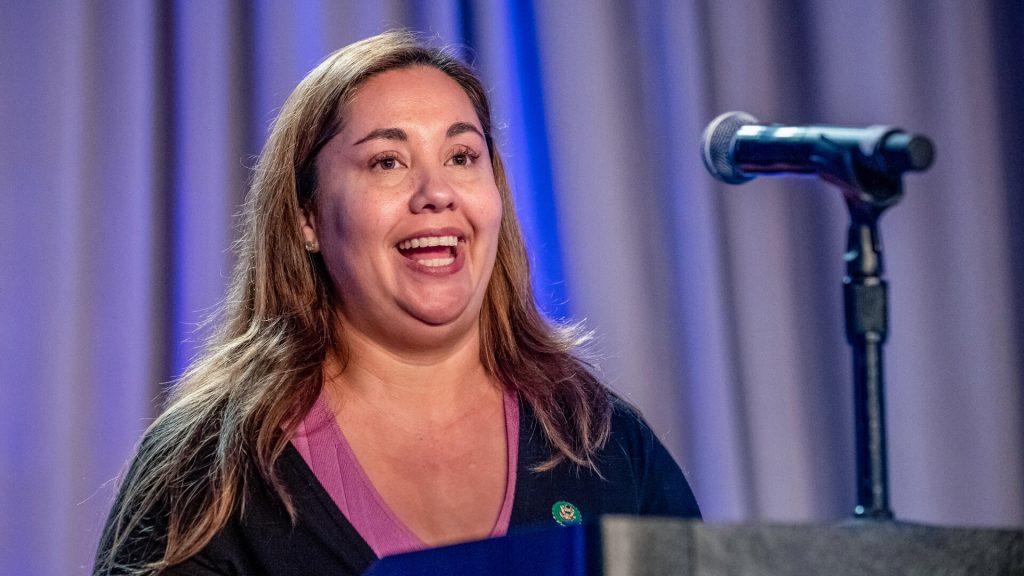
Caraveo also referenced the financial sufferings of senior citizens specifically in her state. She explained that 23%of the state’s workforce in 2022 was made up of workers that were at least 65 years of age.
How Are Social Security Benefits Taxed Right Now?
Social Security benefits are currently taxed at least 50% for people that have an income of $25,000 (including nontaxable interest and half of their Social Security benefits.) This calculation also applies to couples that file their taxes jointly and have a combined income of at least $32,000.

Nearly 40% of Social Security benefit recipients currently pay taxes on their benefits annually, according to the Social Security Administration (SSA). Additional financing for Social Security benefits also comes from a payroll tax that results in a cap for higher earnings.
How Would This New Law Change The Tax Calculation?
The current law prevents taxes from affecting Social Security benefits on annual earnings that exceed $168,000. Through this reintroduced legislation, the “You Earned It, You Keep It Act” would allow the trust fund’s coffers to remain filled through the application of a Social Security tax on all earnings that exceed $250,000.

Craig, who originally introduced this bill back in August 2022, has previously mentioned that “hard work doesn’t pay off like it used to” and “we can do better.”
This Bill Could Extend Full Benefits By An Additional 20 Years
Another benefit of this bill is its ability to extend full benefits for retirees by two decades. This feature was confirmed by an analysis conducted by the Office of the Chief Actuary with the SSA. According to the analysis, the extension would be created by two provisions within the bill.

The analysis claims that “the date of projected depletion of the combined OASI and DI Trust Fund reserved would be moved from 2034 under current law to 2054.” Assuming the enactment of the proposal, the analysis further claimed that this act would create an $8.9 trillion reductio of the federal debt over the next 75 years.
Biden Plans To Bolster Funds In OASI Trust To Prevent Depletion
Social Security benefits are a major topic of discussion – especially since this is an election year. The projected depletion of the Old Age and Survivors Insurance Trust (OASI) for Social Security by 2033 is an understandable cause of concern for millions of Americans.
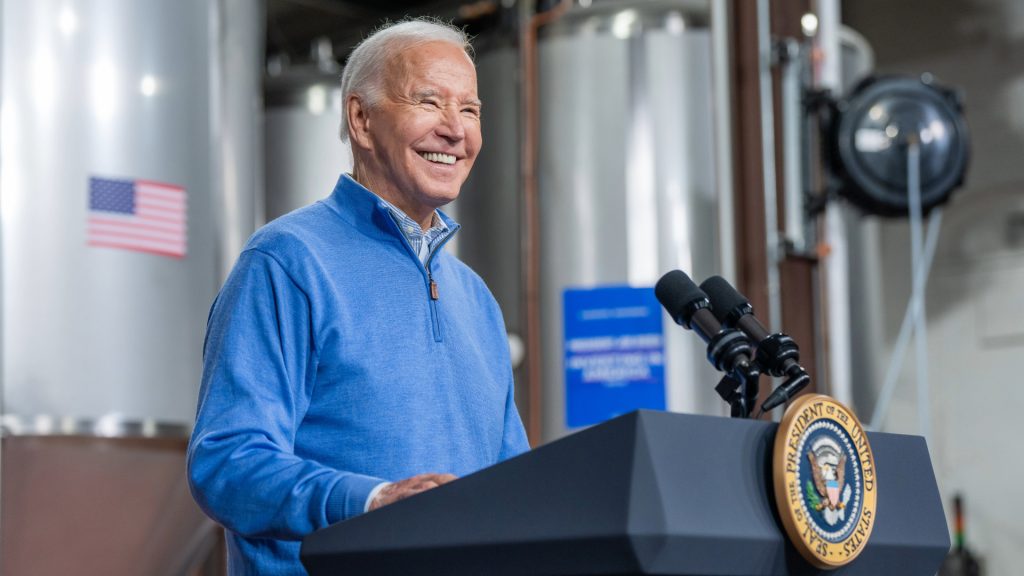
President Biden previously suggested a bolstering of the funds in the trust that would help to address the $22.4 trillion shortage reflected within the 2023 Trustees Report. Benefits could be cut up to 23% starting in 2023 if the federal government is not able to resolve the shortage.
Biden Wants To Increase Special Minimum Benefit to Assist Low-Wage Earners
Another proposed change that the President wants to enforce is the implementation of a special minimum benefit for low-wage earners. Last year, a lifetime low-earning worker received $12,402 each year in Social Security benefits (approximately $1,033.50 monthly).
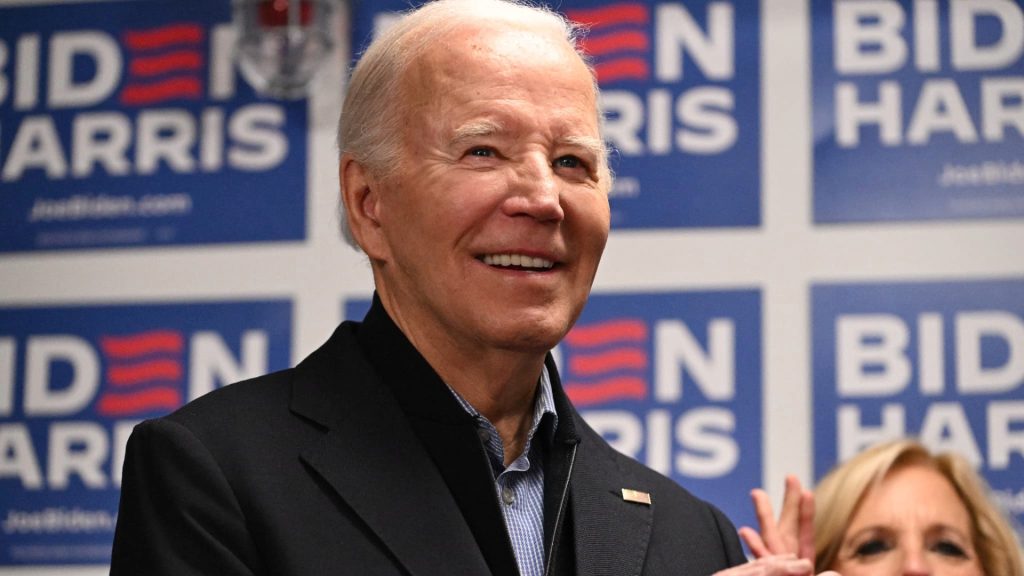
The proposed change would increase the minimum benefit to 125% of the current federal poverty level. To break down the math, this change would have increased the average monthly benefit amount to $1,518.75 in 2023 instead of $1,033.50.
Trump Promises To ‘Always Protect Social Security’ If Elected
Nikki Haley has expressed in her campaign that one of her goals for Social Security would be to restore its solvency by increasing the age at which today’s workers would qualify for full retirement benefits.

As part of his response within a recent campaign ad, Donald Trump made it clear that he would “never let that happen” if he is elected. Through his campaign website, he vowed to “always protect” Social Security.
Would Increasing The Full Retirement Age Resolve The Social Security Issue?
Studies show that increasing the full retirement age for younger workers that would not collect benefits for another 40 years would provide a long-term solution. However, that strategy would not resolve the upcoming issue that coffers will face in 10 years with the projected depletion of the OASI Trust.
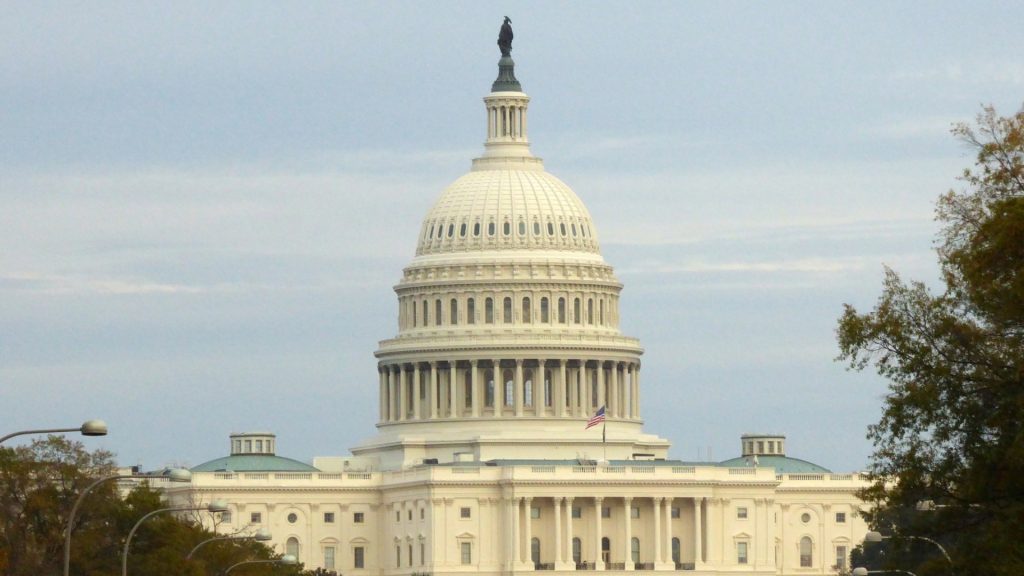
Experts confirm that any major overhaul plan of Social Security benefits would need bipartisan support. Democrats and Republicans do not see eye-to-eye on this topic when it comes to uniting on a single strategy.




